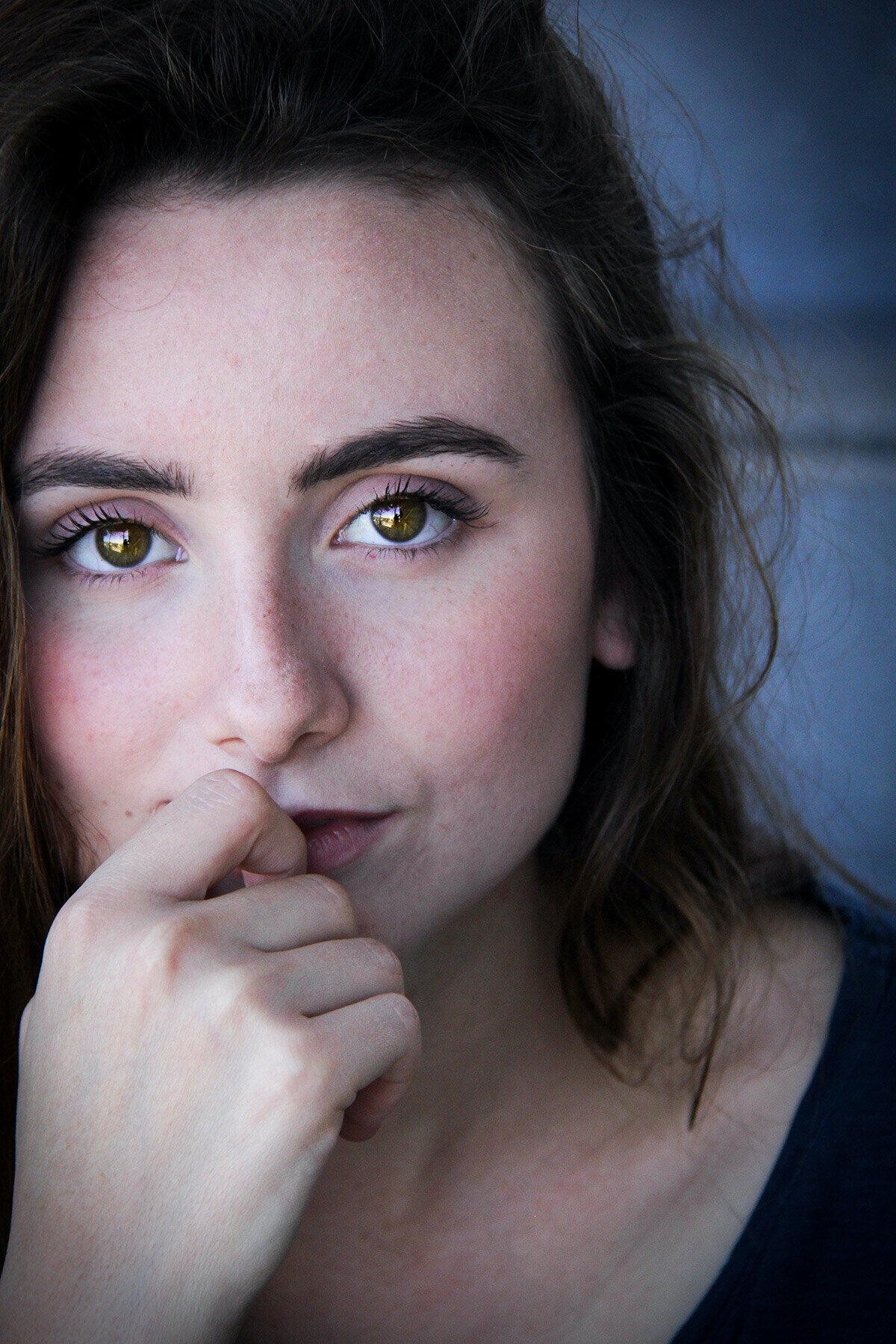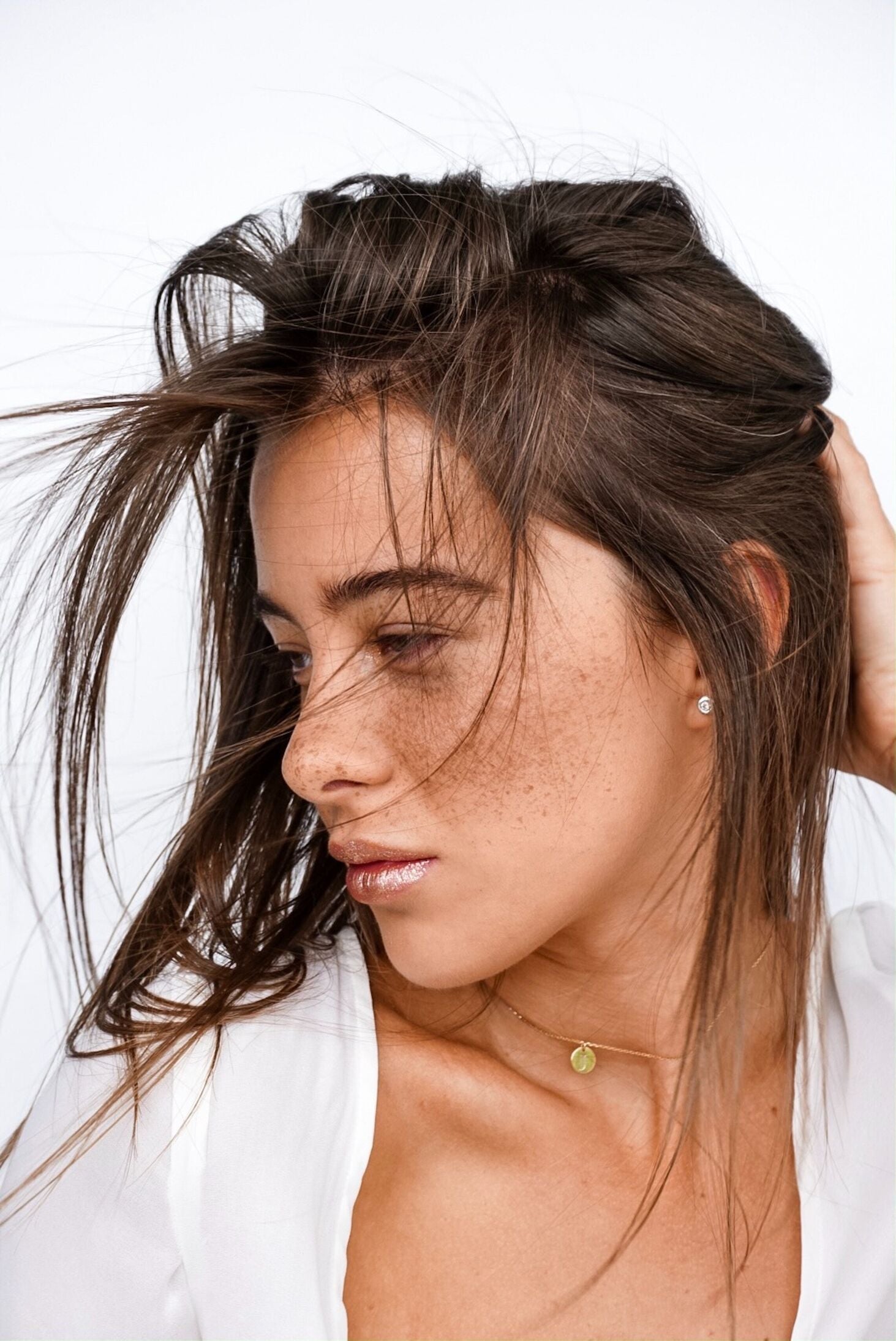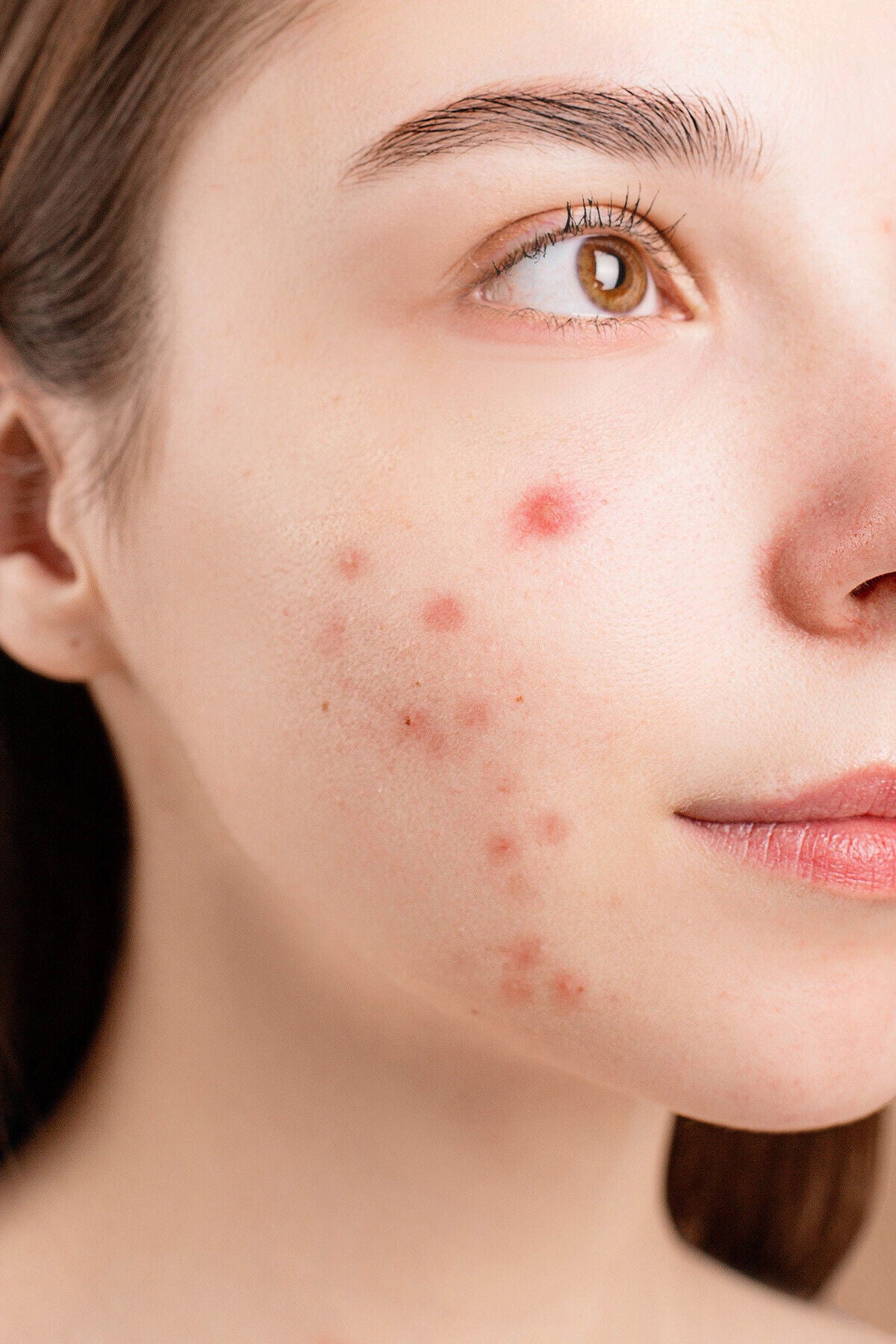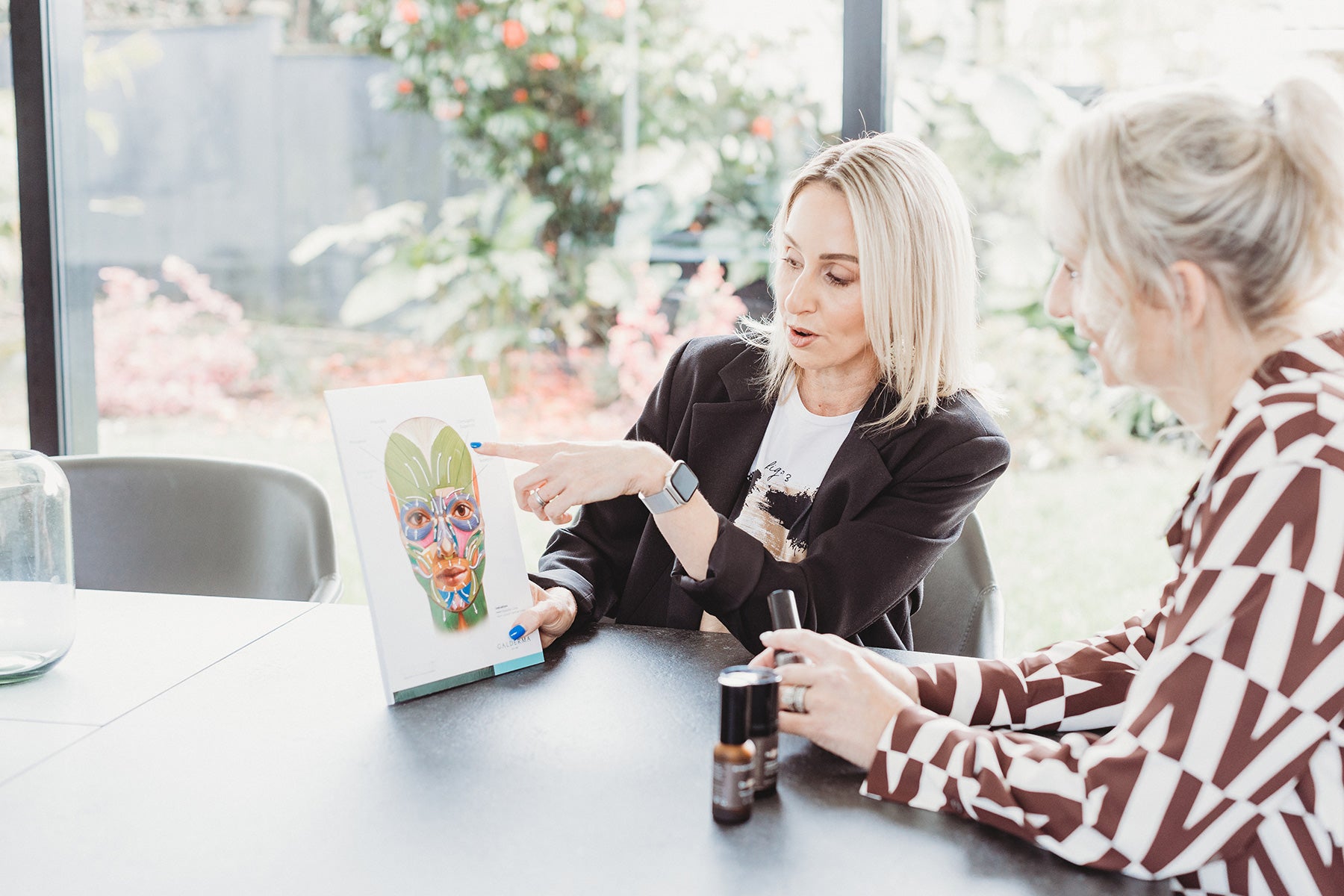Rosacea is a long-term inflammatory skin condition that causes flushing, visible blood vessels and often small pus-filled bumps on your face. Often rosacea is misdiagnosed as acne or other skin conditions. Rosacea symptoms may flare up for a few weeks or months and then settle until triggered again.
Rosacea can affect anyone, but is most common in middle-aged white women. There's no cure, but treatment can help control and calm symptoms.
What are the symptoms of rosacea?
Signs and symptoms of rosacea include:
- facial flushing or blushing in the middle part of your face
- spider veins on your nose and cheeks that appear after small blood vessels break and become more visible
- small pimples on your face that can look like acne
- skin that feels burnt and sensitive.
In some people, eyes can become irritated, dry and swollen, which is known as ocular rosacea. These symptoms are sometimes visible before other symptoms occur.
What causes rosacea?
The cause of rosacea is unknown, but it could be due to an overactive immune system, genetics, environmental factors or a combination of these.
Rosacea flare-ups can be triggered by:
- hot drinks
- spicy foods
- alcohol
- temperature extremes, both hot or cold
- sun and wind exposure
- stress
- intense exercise
- medications that dilate blood vessels, such as blood pressure medications
- certain cosmetic, skin or hair care products
- hot baths, saunas or hot yoga.
Who can develop rosacea?
Rosacea can affect anyone, however your risk factors increase if you:
- are female
- aged over 30
- smoke
- have a family history of rosacea
- have light skin that is affected by sun damage.
What treatment options are available?
There is no cure for rosacea. Using effective physical sunscreen to protect your skin can help to calm inflammation associated with rosacea.
We recommend a full consultation so we can discuss the best skincare and treatment options to help manage your individual symptoms, Sometimes we may recommend you see your GP for a course of antibiotics that can be effective to manage flare ups, although aren't generally recommended for long-term rosacea management.
For some people, we may recommend a referral to a dermatologist,
For an introductory skincare kit, we recommend the Anti-Redness Kit, an ideal solution for addressing skin redness and irritation. This set includes four products formulated with soothing and reparative ingredients to calm and nourish sensitive skin types prone to redness and flushing.



